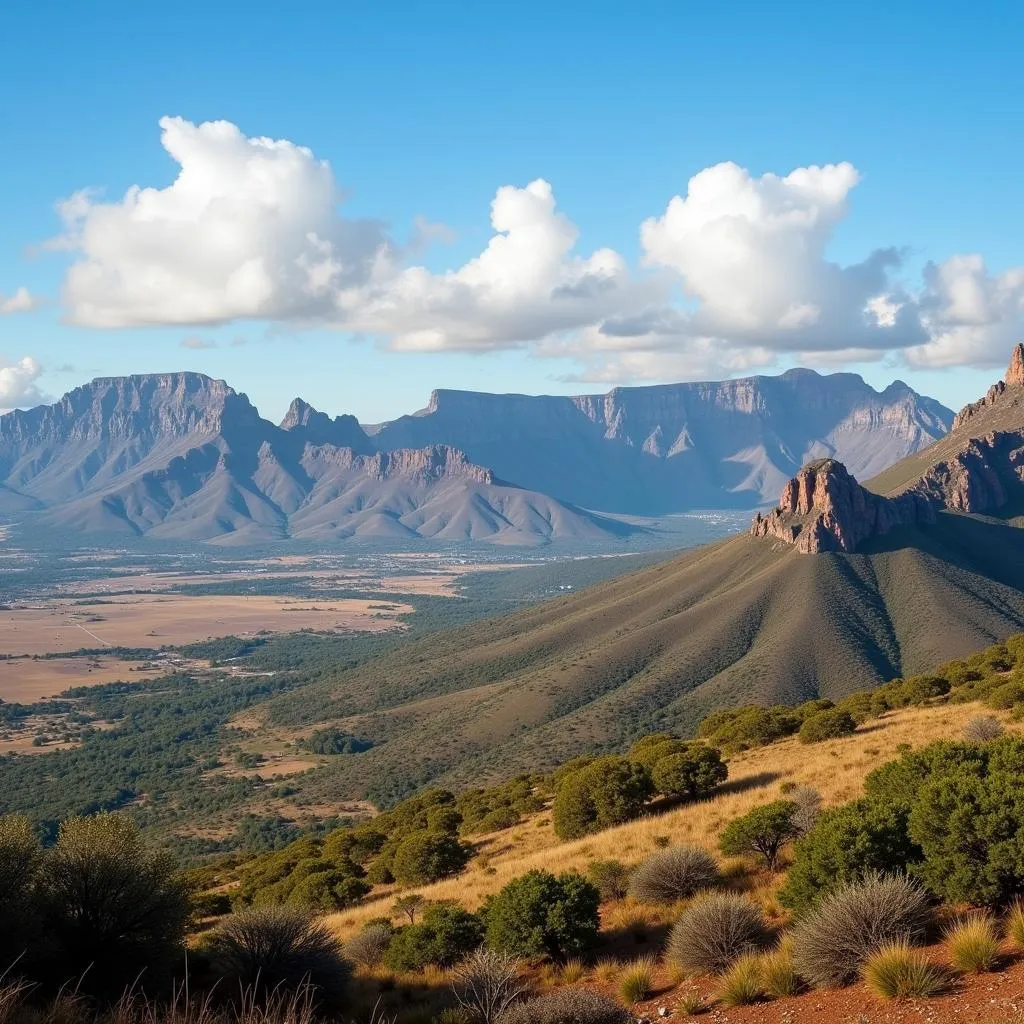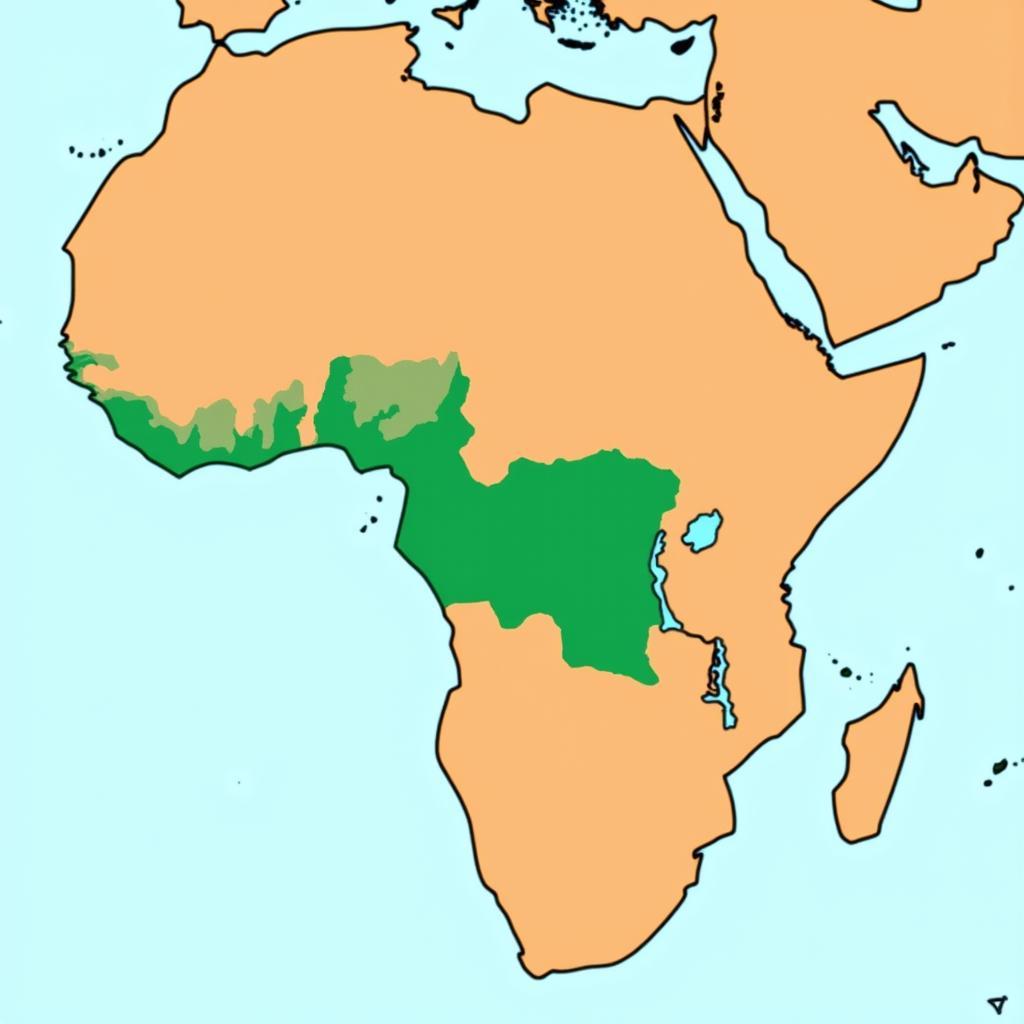Discovering the African Earth Potari: A Culinary and Cultural Journey
The African Earth Potari, a traditional cooking vessel, is more than just a pot; it’s a symbol of culinary heritage and cultural significance across various African communities. From simmering stews to baking bread, these unassuming clay pots infuse dishes with unique earthy flavors and represent a connection to ancestral cooking methods. Let’s delve deeper into the world of the African earth potari and uncover its fascinating story.
The Making of an African Earth Potari: A Timeless Craft
The creation of an earth potari is a testament to the ingenuity and artistry of African potters. Using locally sourced clay, often mixed with other natural materials like sand or crushed rock, these artisans skillfully mold and shape the pots by hand, sometimes using a potter’s wheel. The process varies across different regions, reflecting unique traditions and techniques. Some potters incorporate intricate designs and patterns, transforming the potari into a functional work of art. After shaping, the pots are dried in the sun and then fired in open pits or kilns, hardening them for use over an open fire.
Culinary Magic: Cooking with the African Earth Potari
The African earth potari’s porous nature allows for slow, even cooking, trapping heat and moisture to enhance the flavors of traditional dishes. Stews, soups, and porridges simmered in these pots develop rich, complex flavors, infused with the subtle essence of the earth. The potari is ideal for cooking hearty meals that can feed a family, and its ability to retain heat ensures food stays warm for extended periods. Imagine a flavorful peanut stew simmering in an earth potari over a crackling fire, its aroma filling the air. This is the magic of African earth potari cooking.
Beyond the Kitchen: The Cultural Significance of the Potari
The African earth potari transcends its utilitarian purpose and holds deep cultural significance in many African societies. In some communities, the potari is seen as a symbol of womanhood and fertility, often passed down through generations. It also plays a vital role in traditional ceremonies and rituals, used for preparing special foods and offerings. The potari represents a tangible link to ancestral knowledge and a connection to the earth itself.
Preserving Tradition in a Modern World: The Future of the African Earth Potari
While modern cooking methods have gained popularity, the African earth potari continues to hold a special place in the hearts and kitchens of many. Efforts are being made to preserve this ancient craft and promote its use among younger generations. The potari not only represents a sustainable and eco-friendly way of cooking but also serves as a reminder of Africa’s rich culinary heritage.
Conclusion: A Taste of Tradition with the African Earth Potari
The African earth potari is more than just a cooking vessel; it’s a vessel of tradition, culture, and culinary artistry. From its humble beginnings in the earth to its place in modern kitchens, the potari continues to nourish both body and soul, reminding us of the enduring power of tradition. Rediscovering the African earth potari is rediscovering a taste of authentic Africa.
FAQ
- What is an African earth potari? (An African earth potari is a traditional cooking pot made of clay.)
- How is an African earth potari made? (It is made by hand using locally sourced clay, then dried and fired.)
- What are the benefits of cooking with an earth potari? (It allows for slow, even cooking, enhancing flavors and retaining heat.)
- What is the cultural significance of the potari? (It symbolizes womanhood, fertility, and is used in traditional ceremonies.)
- Where can I buy an African earth potari? (Contact us for information on purchasing an authentic African earth potari.)
- Are there different sizes of potaris available? (Yes, they are available in a variety of sizes to suit different cooking needs.)
- How do I care for my earth potari? (Specific care instructions will vary based on the potari, but generally involve avoiding sudden temperature changes.)
When you need assistance, please contact us at Phone: +255768904061, Email: kaka.mag@gmail.com Or visit our address: Mbarali DC Mawindi, Kangaga, Tanzania. We have a 24/7 customer service team.


